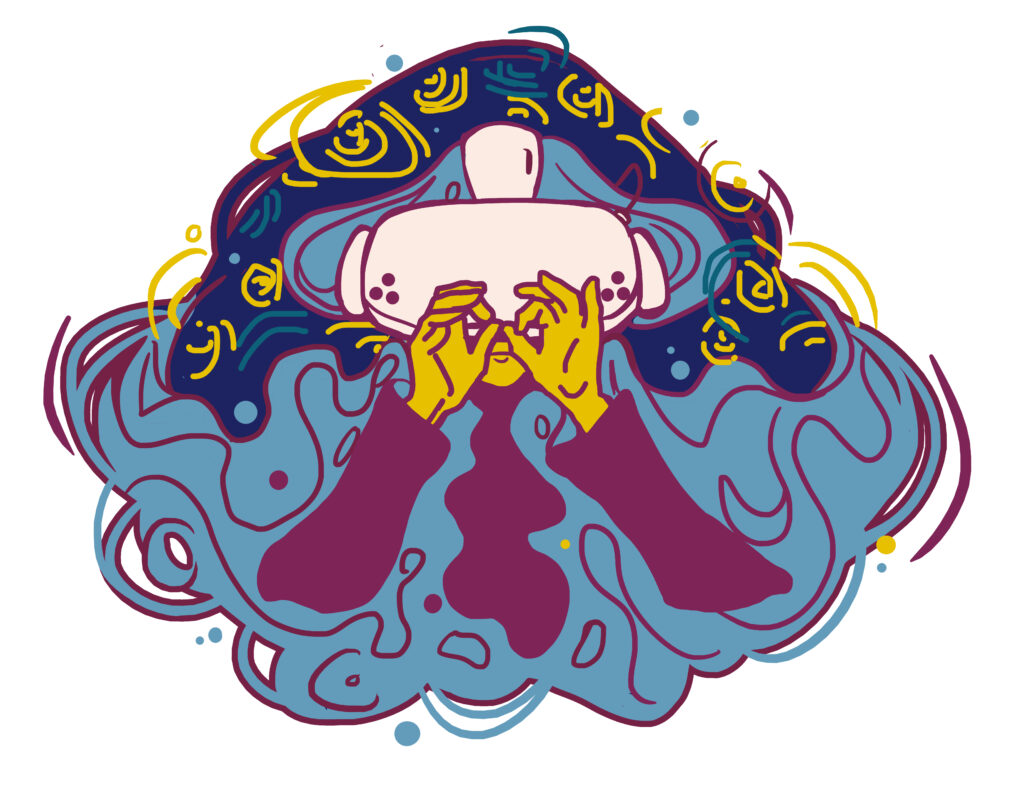Home

The NWO project “Virtual Reality as Empathy Machine: Media, Migration and the Humanitarian Predicament” (2023 – 2028) makes an intervention into the field of VR for humanitarian communication by evaluating the potentialities and pitfalls of immersion and empathy through technological innovation.
This project critically investigates the role of VR for humanitarian appeals by asking how and to what extent humanitarian VR can function as an empathy machine, bridging the distance between viewers and mediated others. It researches the impact of VR for humanitarian appeals, in particular concerning issues around migration and refugees.
We will regularly update this website with upcoming events and our latest outputs. If you would like to know more about the project or get in touch with us, please reach out to us through our contact page.
Latest posts
- CFP: “VR as Empathy Machine: Media, Migration and the Humanitarian Predicament” [short version]
- CFP: Beyond the Empathy Machine: Critical Perspectives on Virtual Reality [long version]
- Screening ‘All I Know About Teacher Li’ by Zhuzmo at Utrecht University – Student reflections
- Virtual Realities: Documentary’s Immersive Turn — Mandy Rose at Utrecht University
- Reflections: Movies that Matter 2025 – showcasing Phoenix of Gaza XR

